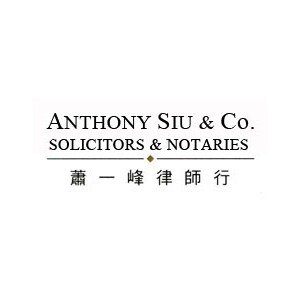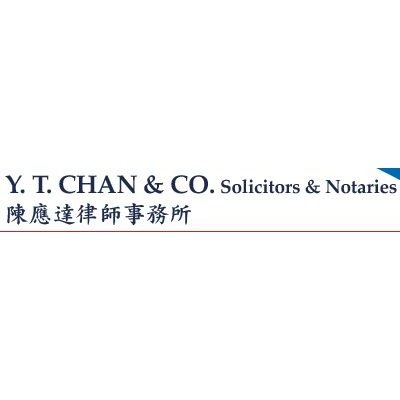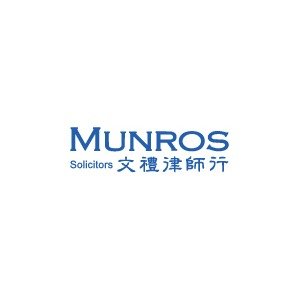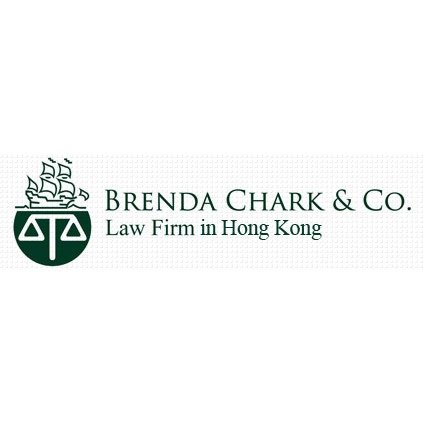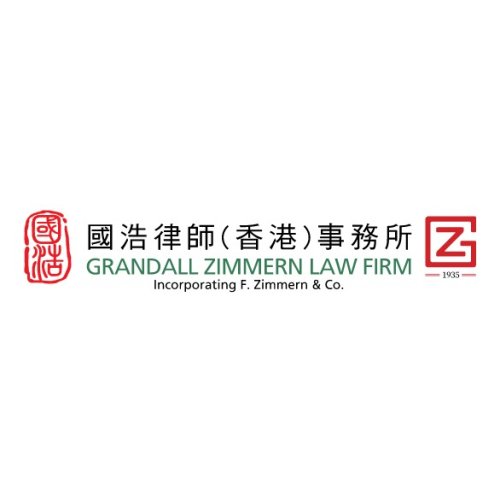Best Conveyancing Lawyers in Hong Kong
Share your needs with us, get contacted by law firms.
Free. Takes 2 min.
Free Guide to Hiring a Real Estate Lawyer
Or refine your search by selecting a city:
List of the best lawyers in Hong Kong
About Conveyancing Law in Hong Kong
Conveyancing in Hong Kong refers to the legal process of transferring property ownership from one party to another. This includes residential and commercial real estate transactions. The conveyancing process is governed mainly by the Conveyancing and Property Ordinance, which sets out the framework for buying, selling, mortgaging, and leasing property. Conveyancing involves several complex legal steps, including contract drafting, due diligence, coordination with financial institutions, and registration at the Land Registry. Given Hong Kong's unique system, which blends elements of common law and local statutes, property transactions demand careful attention to detail.
Why You May Need a Lawyer
Several common situations may require the assistance of a conveyancing lawyer in Hong Kong. These include buying or selling residential or commercial property, transferring property interests between family members, refinancing a mortgage, or resolving title disputes. A lawyer ensures that contracts are legally sound and that all statutory requirements are met. Lawyers also handle the verification of the property's legal status, clear any encumbrances, manage payment of stamp duties, and facilitate the seamless transfer and registration of ownership. Without legal representation, you may risk overlooking critical legal obligations, which could lead to disputes or financial loss.
Local Laws Overview
The legal framework for conveyancing in Hong Kong is shaped by several key statutes and practices:
- The Conveyancing and Property Ordinance sets out the requirements for conveyancing transactions and provides the basis for transfer of property rights, creation of mortgages, and registration essentials.
- The Land Registration Ordinance establishes a public registry for property transactions, protecting the interests of registered owners and prioritizing registered interests.
- Stamp Duty Ordinance governs the payment of stamp duty, an essential aspect in most property transactions. This includes Buyer’s Stamp Duty, Ad Valorem Stamp Duty, and Special Stamp Duty depending on the buyer and property type.
- The process also requires compliance with anti-money laundering rules and other regulations related to financial transparency.
Notably, property in Hong Kong is generally leasehold, granted by the government for a fixed term rather than held freehold. Ensuring a clean and marketable title, along with proper registration, is a cornerstone of secure transactions.
Frequently Asked Questions
What is conveyancing?
Conveyancing is the legal process of transferring ownership of real property from one party to another. It involves preparing, verifying, and executing legal documents, ensuring payment of stamp duty, and registering the transfer at the Land Registry.
Do I need a lawyer for buying or selling property?
Yes, both buyers and sellers should engage a conveyancing lawyer to handle the legal documentation, conduct due diligence, advise on contract terms, and ensure compliance with local laws and regulations.
How long does the conveyancing process usually take?
Typically, the conveyancing process in Hong Kong takes around 8 to 12 weeks from the signing of the provisional agreement to completion, but this can vary depending on the transaction’s complexity.
What documents are involved in a conveyancing transaction?
Documents generally include the provisional sale and purchase agreement, formal agreement, assignment or deed of transfer, title deeds, mortgage documents (if applicable), and completion statements.
What is stamp duty and when is it payable?
Stamp duty is a government tax payable on the transfer of property. The amount depends on the property price, buyer’s residency status, and whether it’s a first or second property. Payment is due within 30 days of executing the agreement.
Can foreigners purchase property in Hong Kong?
Yes, there are no restrictions on foreigners buying property in Hong Kong. Foreign buyers, however, may be subject to additional stamp duties compared to local buyers.
What are common issues found during title checking?
Common issues include undischarged mortgages, encumbrances or liens, missing or defective title documents, and unauthorized building works. Lawyers conduct thorough title checks to identify and resolve such issues.
What happens if there is a dispute after completion?
If disputes arise after completion, such as hidden defects or title problems, parties may need to negotiate a settlement or seek legal action in court. Having a thorough contract and clear documentation helps minimize these risks.
How are property interests registered in Hong Kong?
Interests in property must be registered with the Land Registry to ensure legal protection. Registration establishes priority and provides public notice of ownership and any interests or encumbrances affecting the property.
Can property be transferred among family members?
Yes, property can be transferred among family members. This still requires proper conveyancing procedures, including legal documentation, payment of any applicable stamp duties, and registration at the Land Registry.
Additional Resources
If you require more information or assistance regarding conveyancing in Hong Kong, consider the following resources:
- Land Registry - responsible for maintaining accurate property records and registration of property interests.
- Hong Kong Law Society - offers a directory of solicitors specializing in conveyancing and property law.
- Inland Revenue Department - provides information on stamp duties and property-related taxes.
- Conveyancing and Property Ordinance - the primary legislative framework for conveyancing.
- Consumer Council - advises on consumer rights in property transactions.
Next Steps
If you are considering buying, selling, or transferring property in Hong Kong, the first step is to consult a qualified conveyancing lawyer. Prepare your property documents and identify your objectives for the transaction. Your lawyer will guide you through the process, conduct due diligence, draft and review all necessary agreements, and ensure all legal requirements are satisfied. Approach reputable law firms or solicitors specializing in conveyancing for legal advice. If complications arise, your lawyer can also assist in dispute resolution or representation in court. Engaging a specialist early can save time and prevent potentially costly mistakes in your property transaction.
Lawzana helps you find the best lawyers and law firms in Hong Kong through a curated and pre-screened list of qualified legal professionals. Our platform offers rankings and detailed profiles of attorneys and law firms, allowing you to compare based on practice areas, including Conveyancing, experience, and client feedback.
Each profile includes a description of the firm's areas of practice, client reviews, team members and partners, year of establishment, spoken languages, office locations, contact information, social media presence, and any published articles or resources. Most firms on our platform speak English and are experienced in both local and international legal matters.
Get a quote from top-rated law firms in Hong Kong — quickly, securely, and without unnecessary hassle.
Disclaimer:
The information provided on this page is for general informational purposes only and does not constitute legal advice. While we strive to ensure the accuracy and relevance of the content, legal information may change over time, and interpretations of the law can vary. You should always consult with a qualified legal professional for advice specific to your situation.
We disclaim all liability for actions taken or not taken based on the content of this page. If you believe any information is incorrect or outdated, please contact us, and we will review and update it where appropriate.
Browse conveyancing law firms by city in Hong Kong
Refine your search by selecting a city.



